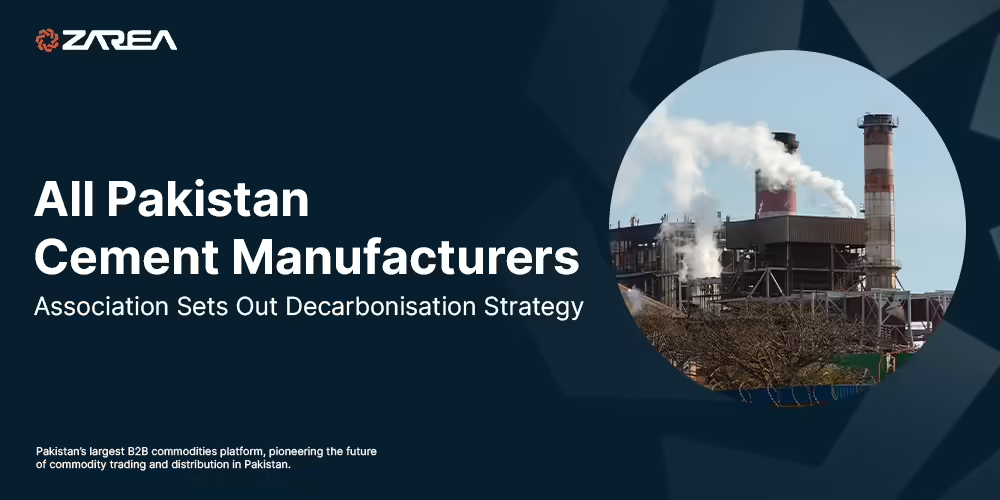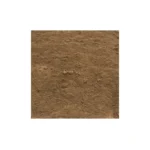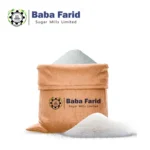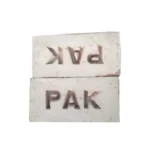The All Pakistan Cement Manufacturers Association (APCMA) members are committed to cutting carbon dioxide emissions from cement factories. The association also sets out a decarbonisation strategy to overcome carbon dioxide emissions. According to the Business Recorder, there are three strategies businesses may employ to cut emissions even as demand rises. These include making better use of resources, conserving energy, and implementing cutting-edge methods of pollution control.
President Muhammad Ali Tabba, stated:
“To assure environmental stewardship and vigorous growth, the cement industry throughout the world will need to adapt to climate change issues and rethink business models in the future if it is to achieve green growth. Pakistan’s cement industry is serious about getting the job done.”
Why Decarbonization matters?
> The manufacturing of cement, a crucial binding ingredient, is a major contributor to atmospheric CO2 levels. Clinker production processes account for the bulk of CO2 emissions in this dynamic market, with fuel combustion (often coal, petcoke, and natural gas) accounting for the remaining direct emissions (30%). Because of the correlation between cement and population growth, output of this binding material has skyrocketed in the past half-century, expanding by a factor of 50 over the world. Global capacity hit 4.1 Gt in 2019, and steady expansion is anticipated until 2030. (1) With nations and, by extension, industry, committing to net-zero emissions by 2050, the need for novel carbon recycling solutions in these areas has become more pressing over time.
Several options exist for decarbonizing cement. According to an optimistic McKinsey research, CO2 emissions might be cut by 75 percent by 2050. However, only a tiny part (about 20 percent) will come from operational improvements; the remaining will require technology innovation and new growth horizons.
The supply of raw materials is decreasing, while operational improvements, such as energy-efficiency measures, have already been introduced in substantial amounts. In order to meet carbon-reduction goals by 2050, more innovative techniques, such the use of new technology and alternative building materials, will be required. However, the most promising levers in terms of emissions-reduction potential are still in development and have only been applied on a modest scale.
To learn more about the construction industry, visit Zarea blog – the best construction blog in Pakistan. Zarea ensures that it provides high-end construction materials with unmatched quality. Our online platform’s construction materials have the best base materials prepared from the most precise methods. The companies we have onboard asserted a high manufacturing capacity. We ensure that each enlisted company has a standard compliance certificate that verifies their construction materials’ quality, quantity, and specifications. This is why you will find the construction materials at Zarea are from top-notch brands.
Now you can shop online all the high-quality construction materials in one go. Our rate list will give you insightful information that will cut the tricky market price comparison process short.
For the first time in Pakistan, Zarea is offering digital payment solutions for the online buying of construction materials. You can not only browse numerous options for construction materials at Zarea but can also get all the materials delivered to your doorstep. With the technical expertise of Zarea.pk, procurement of construction materials is no longer a complicated process. You can also compare daily construction material prices in Pakistan at Zarea


































